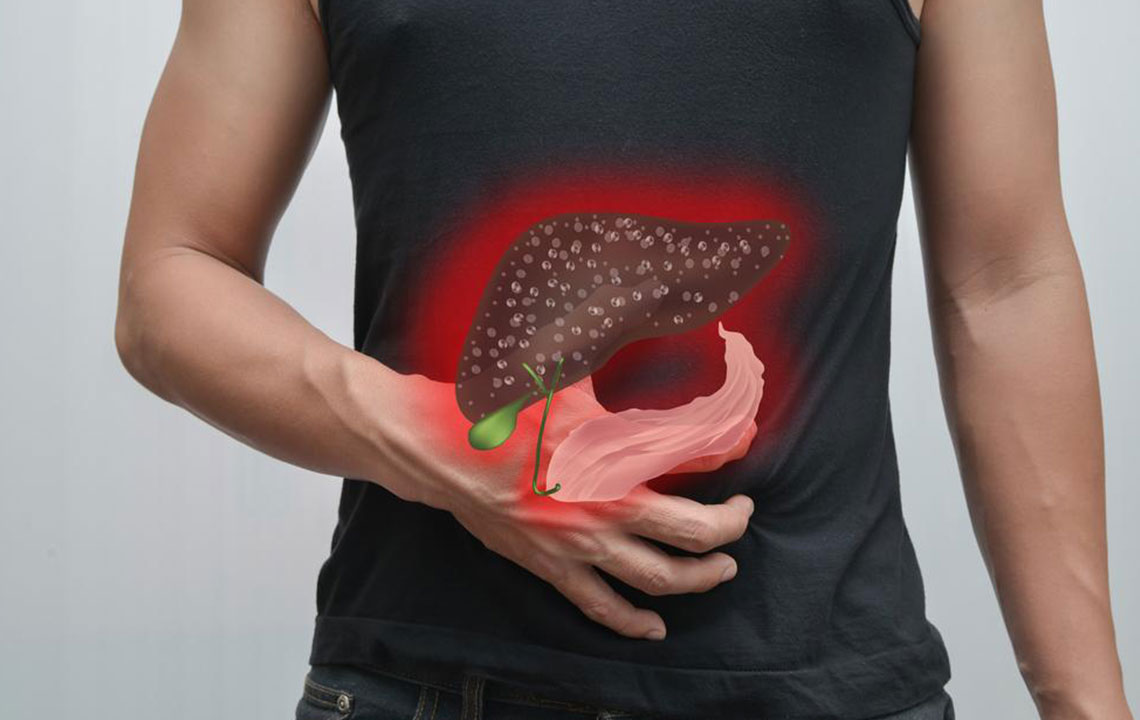Recognizing Early Symptoms of Liver Damage
Understanding the early signs of liver damage is essential for prompt medical attention. Symptoms like fatigue, abdominal pain, skin issues, and swelling often indicate liver problems. Recognizing these can prevent serious complications such as cirrhosis or cancer. Maintaining liver health through a healthy lifestyle, antioxidants, and avoiding toxins is vital. Early detection improves prognosis and overall health. Consult healthcare providers for accurate diagnosis and treatment options to support liver function effectively.

Recognizing Early Symptoms of Liver Damage
The liver is the body's largest internal organ, playing a critical role in detoxification and tissue protection. Unfortunately, liver diseases are among the leading causes of death worldwide, with over a third of Western populations affected. The liver also regulates metabolism; when compromised, metabolic functions decline, potentially causing obesity or weight loss. Recognizing the signs of liver damage early is vital for timely intervention and better health outcomes.
Progressive liver cell damage can lead to cirrhosis and liver cancer if left untreated. Causes include viral hepatitis B and C, alcohol consumption, toxin exposure, fatty liver disease, and bile duct blockages. Symptoms often include fatigue, abdominal pain, unusual stool or urine color, and swelling from fluid buildup. Understanding these signs enables early diagnosis and management.
Swelling in the abdomen occurs due to ascites, resulting from kidney function issues and water retention. As liver damage progresses, symptoms like easy bruising, weight changes, and skin issues such as itching and redness may become noticeable. Early symptoms include loss of appetite and nausea, often resembling flu. In advanced stages, pain in the upper right abdomen intensifies, and bodily functions decline, highlighting the importance of early detection.
Other indicators of liver issues include unexplained fatigue, persistent nausea, and irregular bowel movements. Blood tests can reveal abnormal liver function, and conditions like hemochromatosis cause iron overload, leading to symptoms such as joint pain, fatigue, and hormonal imbalance. Maintaining liver health through antioxidants and avoiding toxins is crucial for overall well-being.










